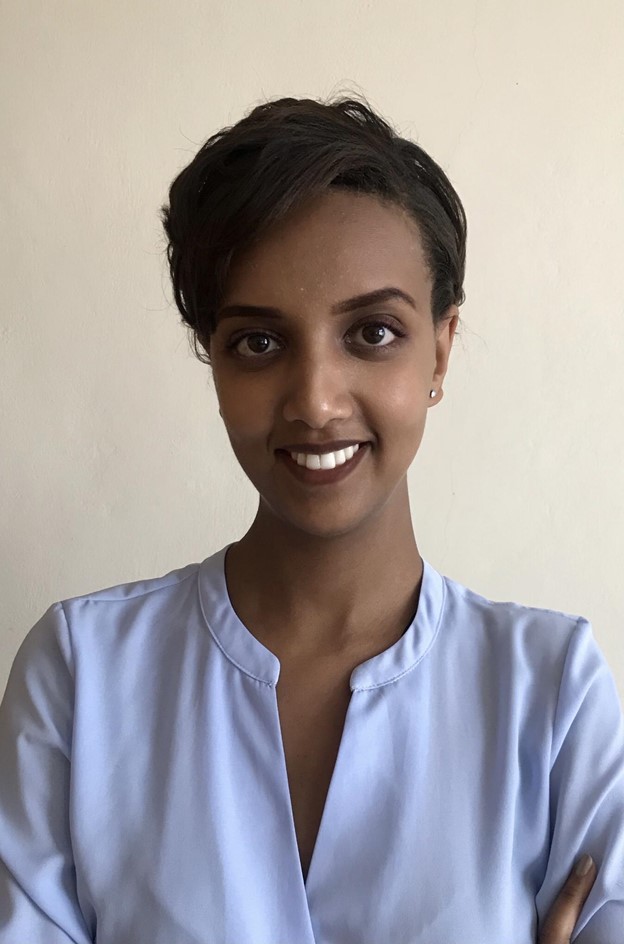Cleft lip/palate are birth conditions characterized by openings or splits in the lip/roof of the mouth. Such conditions occur when oral structures fail to fuse during fetal development, and can occur alone or as part of a generalized genetic syndrome. Worldwide, every three minutes, a child with cleft is born. Overall global incidence of cleft lip/palate stands at 1 in 700 births. Causes of cleft, though largely unknown, have been linked to genetic predispositions as well as environmental issues such as maternal drug and alcohol use, smoking, maternal infections, and lack of antenatal folic acid intake.
In recent years, refinements in surgery, along with a better understanding of psychological, dental, nutritional and vocal needs of children born with cleft lip and/or palate, have greatly improved their quality of life. For a long time, surgeons have been primarily responsible for the habilitation and societal reintegration of children with orofacial clefts, yet there is a need for other specialists to address the associated complications of cleft beyond surgical care. This has been noted and true collaborative efforts in cleft management is a practice introduced in recent years, especially in low and middle income countries.
What is Comprehensive Cleft Care?
Comprehensive Cleft Care (CCC) is the integration of essential treatments beyond surgical care in cleft management. These include nutritional counseling, orthodontic and general dental/oral care, speech therapy and psychosocial support. While surgery remains the center of cleft care, additional multidisciplinary management services, as highlighted below, are equally essential to help ensure the long term rehabilitation of cleft patients.
- Speech therapy is essential to address the speech delay and articulation problems that patients continue to suffer from even after surgery.
- Nutritional counseling tackles difficulties in feeding. More often than not, depending on the degree of defect and the involvement of the palate, patients with clefts often face difficulties in creating the suction pressure necessary to suck on breast/bottles, posing significant risk of malnutrition.
- Orthodontics help with misaligned, misplaced, missing, extra, crooked teeth that predispose patients to oral and dental infections, common occurrences in cleft patients.
- Psychosocial support for patients and their families to navigate the stigma is key for their social reintegration despite different orofacial and orthodontic appearances, speech patterns and surgical scars.
Comprehensive Cleft Care in the context of LMICs
Among these services, the fundamentals of cleft care are primarily dictated by the needs of patients and their families, as well as the capacity of healthcare facilities. In low and middle income countries (LMICs) the prevalence of malnutrition, coupled with the difficulty in feeding children with such defects, further strengthens the need to incorporate CCC in cleft management.
For the most part, community based practitioners and primary care units make up the backbone of healthcare systems in LMICs. Therefore, early outreach activities remain the core of treatment goals in such settings. Second trimester anatomical scans, where available, allow a window of opportunity for prenatal diagnosis. As a result, early parental education about the importance of antenatal care follow up, the prevalence of cleft, associated complications and expected outcomes (with and without intervention) remain a cornerstone of holistic care. Other relevant activities include feeding education, psychosocial support, and surgical, speech and dental care referrals. These serve as a strong foothold to assure that psychological and social needs of patients and families are met, and must make for an integral part of Comprehensive Cleft Care in primary care units. Comprehensive Cleft Care not only serves as a resource for community-based practitioners through the establishment of communication among specialists for ideal team care. It also further helps to provide care in a culturally competent setting to address the psychological needs of patients and families through the provision of coordinated care by qualified experts.




0 Comments